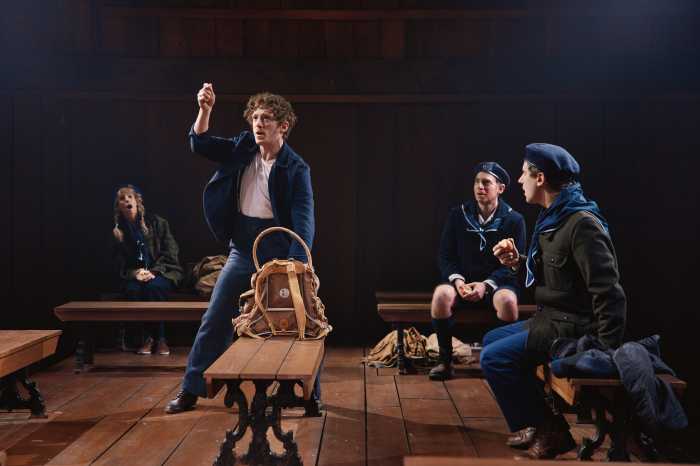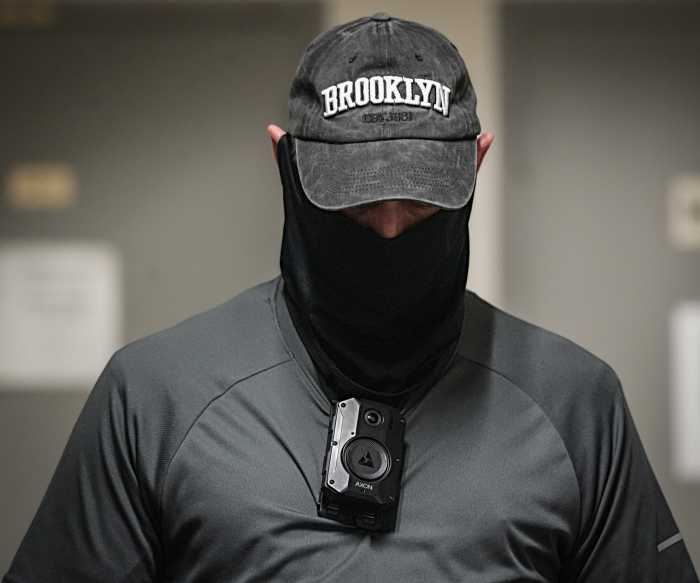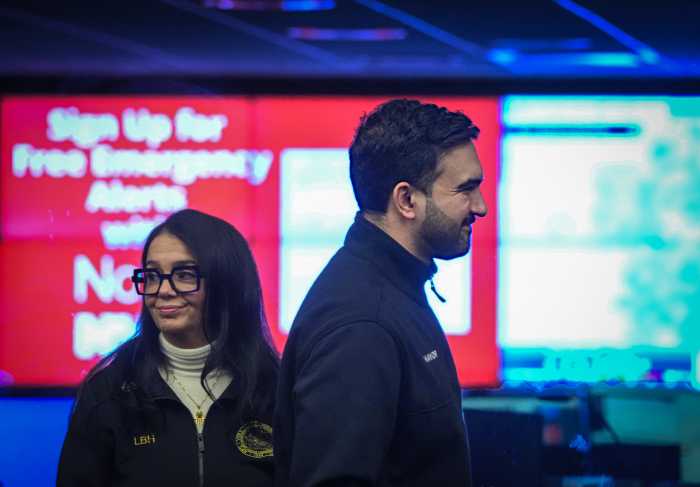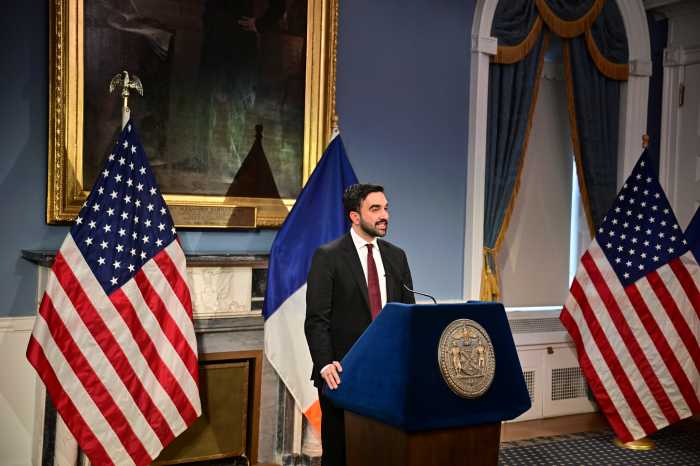A public hearing on sexual harassment in the workplace on Wednesday night gave women who haven’t been in the national discussion consuming news cycles in recent weeks a chance to speak out.
A wave of allegations of sexual misconduct against prominent men in politics, media and entertainment and a powerful social movement using #MeToo have raised more awareness about harassment, but not every voice has been heard, advocates say.
“What’s missing from most of the conversations are the stories of low-income immigrant women,” said Liz Sprotzer, a staff attorney at Make the Road New York, a nonprofit that supports immigrant workers.
Sprotzer was among more than 20 women from various industries, including hospitality, retail, domestic work, construction, fashion and entertainment, who testified at the hearing. The event, organized by the City Commission on Human Rights and held at the CUNY School of Law in Long Island City, was the first of its kind since the 1970s, the commission said.
Immigrant workers, particularly those in low-wage jobs, face more obstacles than other women if they want to speak out about sexual harassment, Sprotzer said. Those obstacles include limited job opportunities, fear of deportation and often a lack of information or formal procedures for reporting abuse.
“We’ve seen how employees can take advantage of those obstacles,” Sprotzer said.
There are even more challenges for domestic workers because of the nature of their work, said Marrisa Senteno, the enforcement program manager of the National Domestic Workers Alliance.
“There is no human resources department,” she said. “You don’t have co-workers, so how are you going to prove that these things are happening?”
Daniela Contreras, an organizer with NDWA who has worked as a domestic worker periodically since she was 16 years old, testified at the hearing, using a translator.
As an organizer, Contreras said she has met and talked with more than 500 women about their experiences.
“Unfortunately, most of these stories are full of pain, fear, trauma and silence,” she said.
She, too, had experienced sexual misconduct at one of her first jobs, she said. She was working as a nanny, and one day when the father came home, he exposed himself to her.
“When he came out of the bathroom he began touching me and tried to abuse me in the presence of the child,” she said. “Because of fear and embarrassment, I was silent about this for many years and I tried to forget about it completely.”
Many other women like Contreras are fearful of making their experiences public, making it difficult to know how many cases of sexual harassment happen among domestic workers and other low-income industries.
“When you don’t know how big exactly the problem is, we can only rely on word of mouth,” Senteno said.
Other testifiers included Leah Rambo, who has been working in the construction industry for 29 years.
“For women who work in my industry, this is not new at all,” she said in her testimony, noting that sexual harassment can be even more prevalent in male-dominated industries.
“I’ve been grabbed, kissed, slapped on the butt, subjected to lewd and vulgar remarks around me, towards me, and simply cannot count the amount of unwanted sexual advances,” she said.
Rambo and others said there needs to be more training and comprehensive policies on how to report and prevent sexual harassment in all industries.
The CCHR will issue a report in 2018 with recommendations on how the city can better address sexual misconduct in the workplace based on the testimony at the hearing. Additionally, anyone can submit testimony to the commission through the end of the month.





































